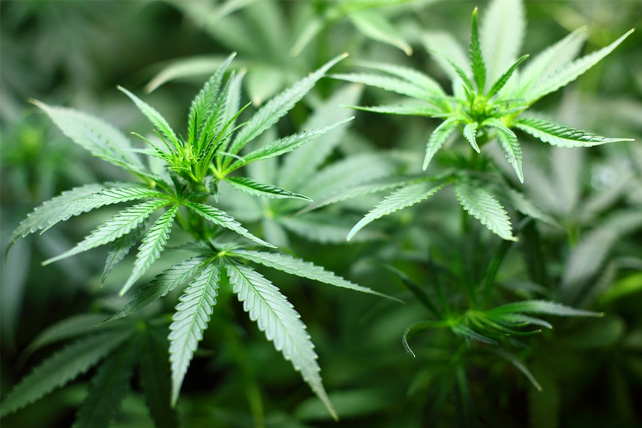Cambodian officials have spoken out against the repressive Philippines drug war, and are advocating rehabilitation rather than criminalisation of people who use drugs – but is this merely a rebranding of the country’s punitive policy?
Earlier today, Prime Minister Hun Sen acknowledged the slaughter of people in the Philippines for drug offences, and vowed that his country would not emulate this violent approach. This comes two weeks after the interior minister, Sar Kheng, told police that "we can't be like them [the Philippines]" in terms of drug policing.
Since January, authorities have also begun increasing the diversion of people who use drugs to compulsory “rehabilitation” centres, rather than prison.
National Police Anti-drug Chief, Mok Chito, said this was resultant of a change in authorities’ opinions, rather than an actual policy change; “although, by law, all drug users should see jail time, the government is adopting a new philosophy”, the Phnom Penh Post reports.
He added that certain people whose drug use was deemed to be "light" could have the option to attend voluntary centres.
Chito's sentiment was echoed by Meas Vyrith, secretary general of the country’s National Authority for Combating Drugs (NACD), who said that officials now “consider the drug user to be the victim”.
While this rhetoric could be considered progressive in comparison to the traditional prohibitionist approach, it occurs in the context of an ongoing harsh crackdown on people who use or sell drugs.
Since the beginning of the year, Cambodian authorities have been intensifying their anti-narcotic programme. In January, 2,428 people were arrested for drug-related offences – over half of whom were arrested for drug use. In comparison, 9,800 people were arrested for drug offences in the whole of 2016.
Many of the compulsory “rehabilitation” centres, where those arrested for drug use are being sent to, operate as glorified prisons with little evidence-based services for people with problematic drug use.
A 2013 study published in the Health and Human Rights Journal found that individuals detained in compulsory "rehabilitation" centres in Cambodia, among other countries, were "subject to torture and cruel, inhuman, and degrading treatment".
In a 2015 interview with The Fix, one former detainee described her harrowing experience of a compulsory “rehabilitation” centre: “Every day the guards made me exercise until I collapsed from exhaustion. But I had to get up again or they would beat me.”
Indeed, South-East Asian countries have become so notorious for poorly-operated compulsory “rehabilitation” centres that numerous UN entities have called for all such facilities to be shut down.
While the government’s new strategy is still in its infancy, it is important to look beyond authorities’ discourse, and consider if progressive steps are actually being enacted. Currently, there is little evidence that Cambodia’s new approach to drug use is much more than a façade behind which prohibitionist policies are perpetuated.


